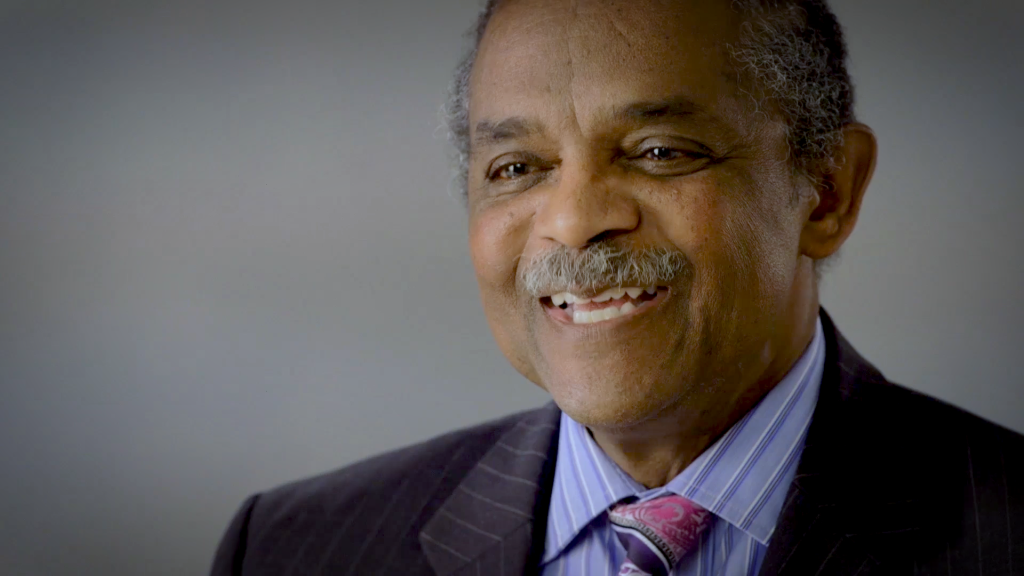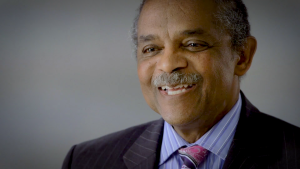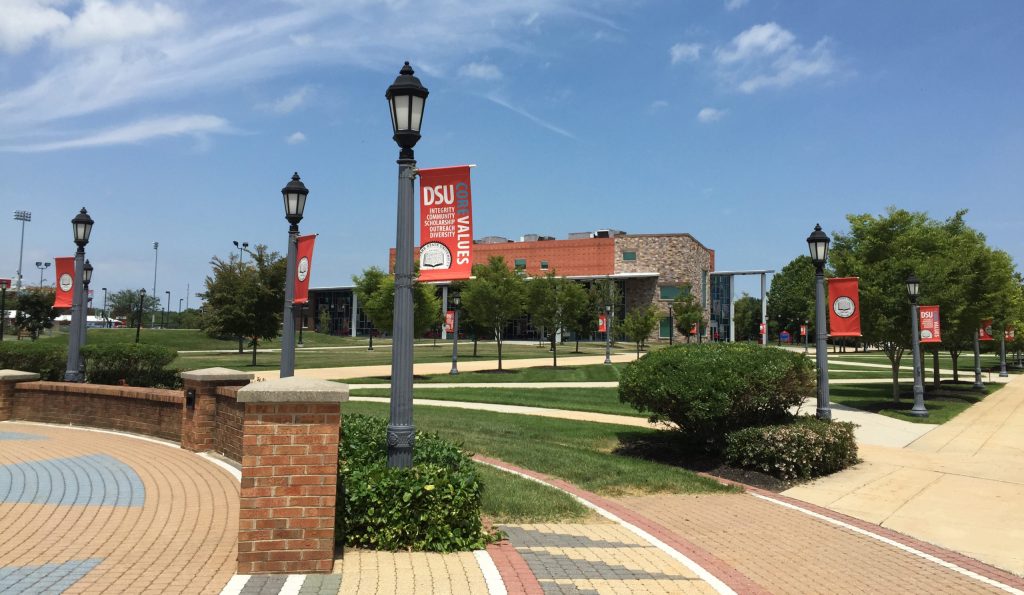
Remembering ACUE Friend and Scholar, Dr. Jerome Williams
“It’s important to recognize this: the bottom line is learning, helping students to learn to acquire knowledge….And so being open to suggestions, being willing to look at new viewpoints, being willing to change over time, I think that’s going to be so critical. And that’s going to be even more critical as this world, the country and the classroom becomes more diverse.” —Jerome Williams, PhD
 Through his own words, our ACUE Community remembers with respect, admiration and fondness Dr. Jerome D. Williams, a passionate educator and champion of equitable and inclusive teaching.
Through his own words, our ACUE Community remembers with respect, admiration and fondness Dr. Jerome D. Williams, a passionate educator and champion of equitable and inclusive teaching.
Dr. Williams was an early supporter of ACUE’s work, contributing his time and knowledge as a featured expert in our Effective Teaching Practices course module on Embracing Diversity in Your Class (You can view some of his insights in the video featured in ACUE’s Inclusive Teaching Practices Toolkit). He was one of the most generous and kind educators we’ve known, with a passion for student success and equity.
“We will always appreciate that Dr. Williams, as busy as he was with his own work at Rutgers, made himself available to us because of his strong desire to share insights on how all of us can better serve our students,” said Penny MacCormack, ACUE Chief Academic Officer.
At the time of his death, Dr. Williams was the former Provost and Executive Vice Chancellor of Rutgers University–Newark. With a career in academia spanning over 30 years, Dr. Williams was a trailblazer in the field of marketing. He was also a Distinguished Professor and the Prudential Chair in Business (Marketing Department), and fellow of The Center for Urban Entrepreneurship & Economic Development in the Rutgers Business School–Newark and New Brunswick.
A selection of his contributions to the scholarship and practice of education include:
- Service as Executive Vice Chancellor and Provost of Rutgers University-Newark
- Inductee to the PhD Project Hall of Fame for his efforts in promoting greater faculty diversity in schools of business (2014)
- Co-author of Diversity in Advertising: Broadening the Scope of Research Directions, Consumer Equality: Race and the American Marketplace, Advances in Communication Research to Reduce Childhood Obesity, and two edited volumes on marketing and public policy issues
- Member of an Institute of Medicine Committee that authored the landmark report Food Marketing to Children and Youth: Threat or Opportunity?
- Recipient of the Academy of Marketing Science Outstanding Marketing Teaching Award (2009)
More on Dr. Williams’ extraordinary life may be found in this Rutgers Business School article.

